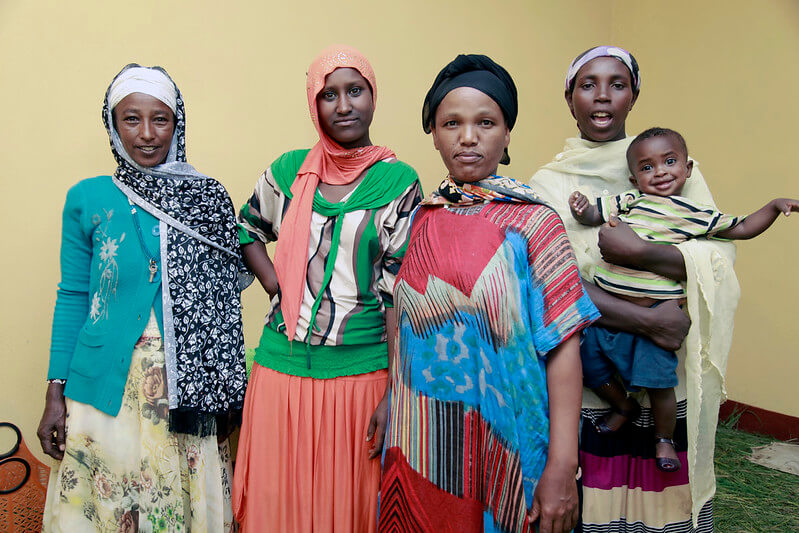Ressources
The Sauti publication features artworks from young African women, and showcases the linguistic diversity of Africa. #Africayouthlead
Agenda 2063 is Africa’s development blueprint to achieve inclusive and sustainable socio-economic development over a 50-year period.
Supply Chain Management Division Operations Support Services Directorate
Addis Ababa, Ethiopia












 Hellen Awuor Okelo is a Kenyan writer living in Rwanda. She is a student at the African Leadership University, majoring in finance, economics and marketing. Hellen is passionate about women empowerment and environmental conservation. She carries the responsibility of mentoring young girls after witnessing many cases of early pregnancies and child marriages when growing up.
Hellen Awuor Okelo is a Kenyan writer living in Rwanda. She is a student at the African Leadership University, majoring in finance, economics and marketing. Hellen is passionate about women empowerment and environmental conservation. She carries the responsibility of mentoring young girls after witnessing many cases of early pregnancies and child marriages when growing up.